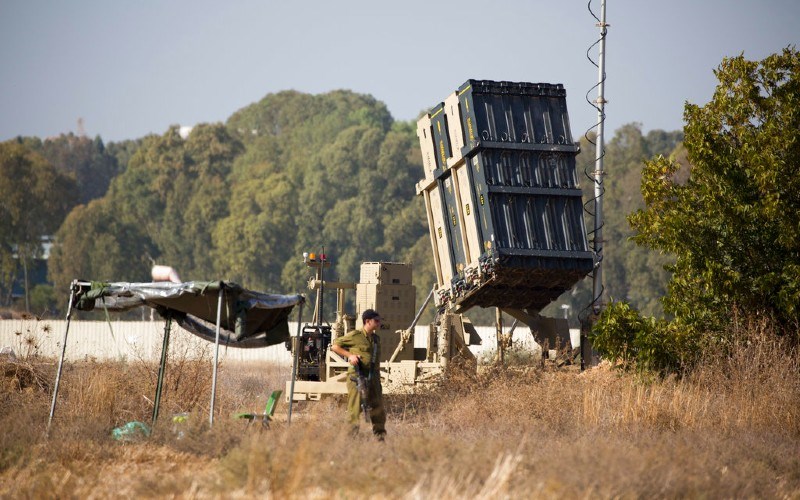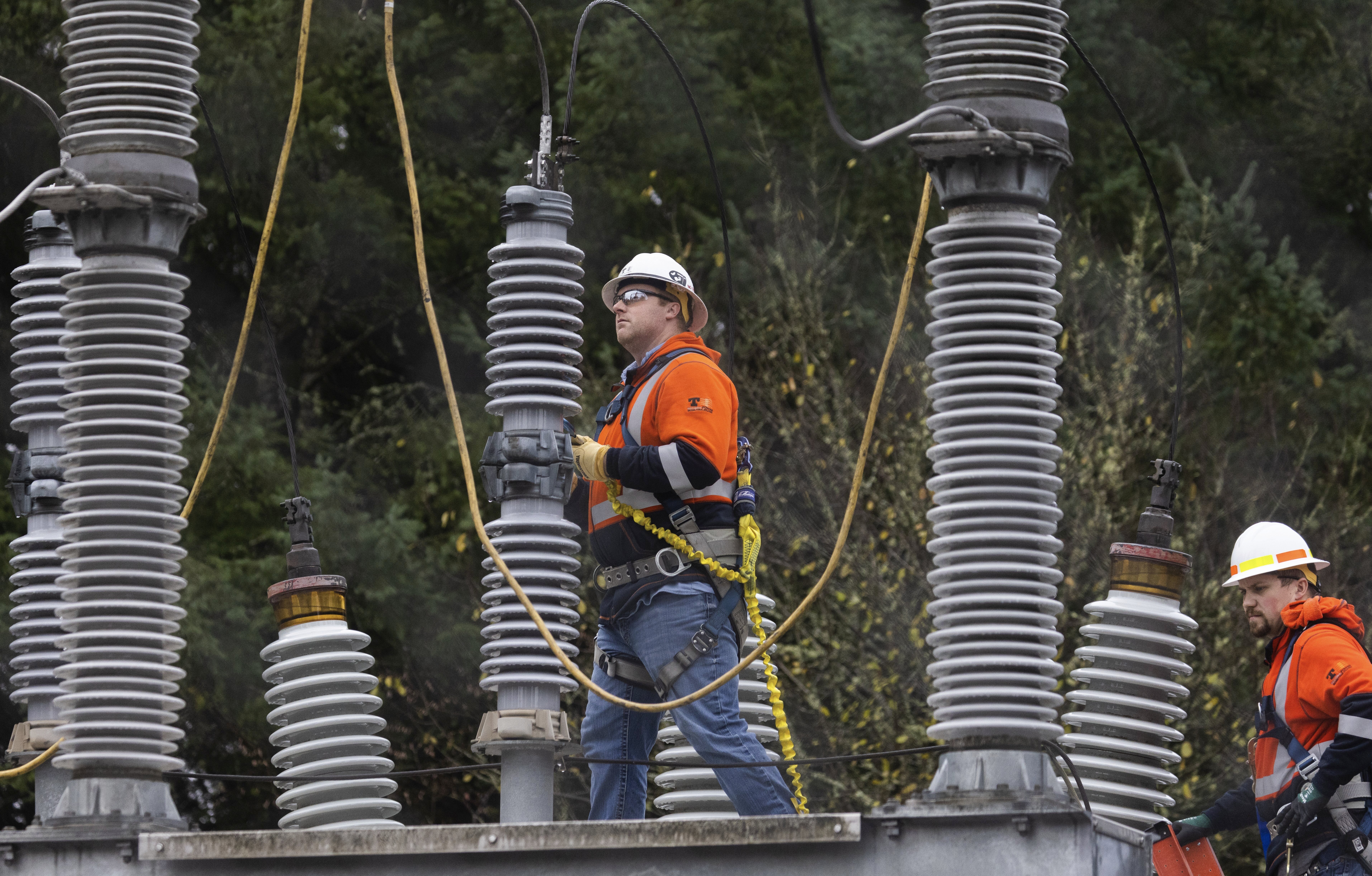Artificial intelligence (AI), while not brand new on the world technology stage, is in its infancy in terms of how it's understood by lawmakers and government leaders. It also carries such powerful potential that many tech leaders – Elon Musk, the owner of X, formerly Twitter; and Sam Altman, the creator of ChatGPT, for example – have called for a pause in the development of AI.
But slowing development would be a terrible decision, according to industry leader Carl Szabo. He points out that AI has played – and will continue to play – a key role for Israel in its survival fight against Hamas. During an interview on American Family Radio Wednesday, Szabo explained that AI for several years has been a big part of Israel's very successful "Iron Dome" defense system.
"You need to look at Israel itself: nine million people – so it's about the size of New York City. It's a pretty small populace, but what they've done with technology, what they've done with innovation is what we, as Jews, often do: We take what we're given and we build on it – and that comes in the form of artificial intelligence," Szabo, the professor of Internet law at George Mason University and the vice president of NetChoice, told AFR show host Jenna Ellis.
In the case of Iron Dome, AI allows Israel to track incoming rockets and return fire to destroy those rockets in flight.
"These rocket attacks, these launches into Israel are not new; they didn't just happen in the past two weeks – they've been happening for the past 20 years. Israelis face these missile launches on a regular basis. The reason we don't often hear about it is because these rockets are stopped midair," Szabo said.
"The Israelis are able to use radar to identify a rocket launch from Gaza or the West Bank or elsewhere, and then using AI to perfectly calculate the trajectory of that weapon and launch their own missile to intercept it and collide with it."
AI: Hitting the bullseye on a dart board from 10 miles away
Szabo compared the accuracy allowed by AI to throwing a dart and hitting a bullseye on the dartboard from 10 miles away.
"That's the type of calculations we're talking about here, and they are being done in nanoseconds because … the distance between Gaza and Israel is literally a fence. So that is where technology and AI are being used and have been used for several years," he said.
Not all of AI's benefits relate to boots on the ground, Szabo continued, noting that other important uses for Israel right now are with cybersecurity and information tracking.

"There is cyberwarfare that has been going on for at least several weeks now, where you have terrorists trying to take down the Israeli grid system, the power grid, the hospital system, the communication systems across the country. The technology and defenses need to move as fast as our opponents, if not faster – and that's where AI is coming into play," Szabo said.
According to the George Mason professor, AI with these uses has been remarkably efficient. He contends had the same technology been available in 2001, the terrorist attacks on New York and Washington, DC, might never have happened.
"We had the information that terrorists would be going to the flight schools, would be getting on airplanes, and had considered attacking New York City. We had [all] that information; we just could not connect the dots," he points out.
"We can [with AI now] identify people coming across the border – people who have connections to terrorist groups, people have connections to foreign adversaries. We can identify where they're going, what they're doing and identify the potential threat vectors that they present and prevent the next 9-11," Szabo said.
But as impressive as AI is, it is not – at this stage of development – infallible, he acknowledged. "Israel has a really good AI system to identify the movements of terrorist groups in Gaza, in Lebanon and other parts of the region, and even it was not good enough," Szabo noted.
AI and the battle of evil vs. good
The great concern about AI is that its growing powers will be used for evil over good.
Sam Altman is among a group that would like to see an international body – similar to what was done during the age of atomic development – coordinate research between labs, impose safety standards, track computing power devoted to training systems and determine which, if any approaches, would be trashed altogether. The group outlined their positions in May.
Szabo opposes slowing AI development for the same reasons many oppose gun control – if guns are outlawed, only outlaws will have guns.
"Our government has done a terrible job of keeping dangerous weapons out of the hands of criminals, murderers and terrorists," he stated. "What we are seeing in the halls of Congress and around the world is a call for basically all the good [AI] users – [those] who would use this technology for self-defense, for the type of intellectual information gathering and defense – being told, 'No, you should pause. You should stop.'
"We know that bans on tools will never stop the bad actors. It will never stop the criminals; it will never stop the terrorists," Szabo said.
Related information from NetChoice:
Responsible AI Principles To Maintain America’s Tech Dominance







